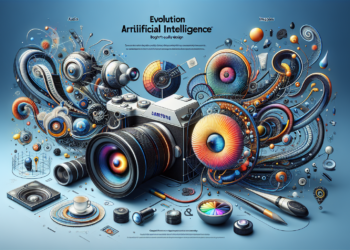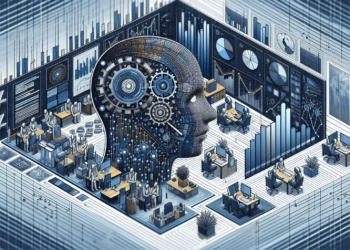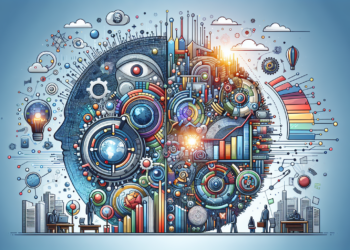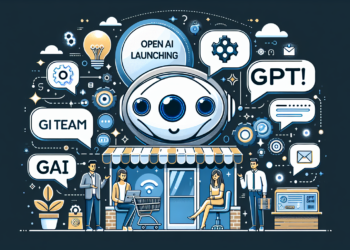As the field of artificial intelligence (AI) expands at a pace that seems to outstrip our capacity to conceptualize its potential applications, we foresee a 2024 replete with advancements and approaches that could significantly transform the current technological and social landscape.
Advances in Deep Learning and Generalization
Deep learning, an aspect of AI that mimics the way humans acquire certain forms of knowledge, is on the brink of a quantum leap in its development. With the introduction of new augmented generalization algorithms, AI systems are expected to transfer knowledge and skills between different tasks with unprecedented efficiency. This advancement is underpinned by the emergence of more sophisticated cost functions and neural architectures that enable greater model plasticity, as well as the application of advanced meta-learning techniques.
Innovation in Reinforcement Learning Algorithms
Reinforcement learning algorithms, which allow an AI to learn from its successes and failures through rewards, are being refined through intrinsic reward systems and automated learning curriculums. By 2024, reinforcement-driven models could achieve much higher levels of autonomy, enabling agents to learn in complex environments with significantly fewer reward signals, thanks to the implementation of transfer learning techniques and multitask learning.
Quantum Computing and Its Impact on AI
The interface between quantum computing and AI promises to be an area of spectacular development. Advances in quantum cryptography and quantum algorithms applied to machine learning and problem optimization suggest we may be on the verge of reconciling computational speed with the depth of analysis that currently limits AI systems. Qubits are poised to offer potential solutions to problems that currently defy our most advanced computational capabilities.
Revolution in Explainable AI (XAI)
Explainable AI, which aims to make the decisions and processes of an AI algorithm understandable to humans, will be crucial in the effort to make AI more transparent and accountable. The development of models that, in addition to making predictions, can generate detailed descriptions of their internal reasoning, is anticipated. This will not only be useful for auditors and regulators but will also foster public trust in AI.
Deeply Integrated Human-AI Interaction
In the domain of human-AI interaction, research is elevating the machines’ capacity to understand and process sensory information to new heights. This paves the way for the eventual creation of AI assistants and avatars that could work alongside humans in highly complex cognitive tasks. With the introduction of more advanced brain-computer interfaces, these interactions will become increasingly rich and intuitive.
Advances in AI and Biomedicine
Predictive analysis in medicine has taken off with the integration of AI, but 2024 is projected to see a major leap forward in terms of personalized medical treatment and real-time health status monitoring through the processing of biometric data. This evolution will include algorithms that can assist in drug design and the identification of potential treatments for individual diseases, along with real-time monitoring for AI-assisted surgical interventions.
Impact on Sustainability and Environmental Intelligence
With concerns about climate change and the need for sustainable systems intensifying, 2024 is likely to witness widespread application of AI in environmental analysis and management. Algorithms will be refined to optimize energy efficiency in engineering and transport systems, as well as to improve accuracy in climate models and biosurveillance, playing a pivotal role in mitigating the human environmental footprint.
Challenges and Ethical Considerations
Finally, it is imperative to acknowledge that these advancements will bring about ethical and governance challenges. The configurations of machine learning and their applications in critical decision-making must be scrupulously auditable, and ethical concerns related to algorithmic bias, data privacy, and security must be addressed.
Thus, 2024 is shaping up to be a year where AI will not only be an area of study and application but also a field of intense philosophical and ethical deliberation. The establishment of global standards and inclusive policies will be imperative to guide the integration of AI into society, ensuring its benefits are accessible to all and that fundamental human values are respected.






















